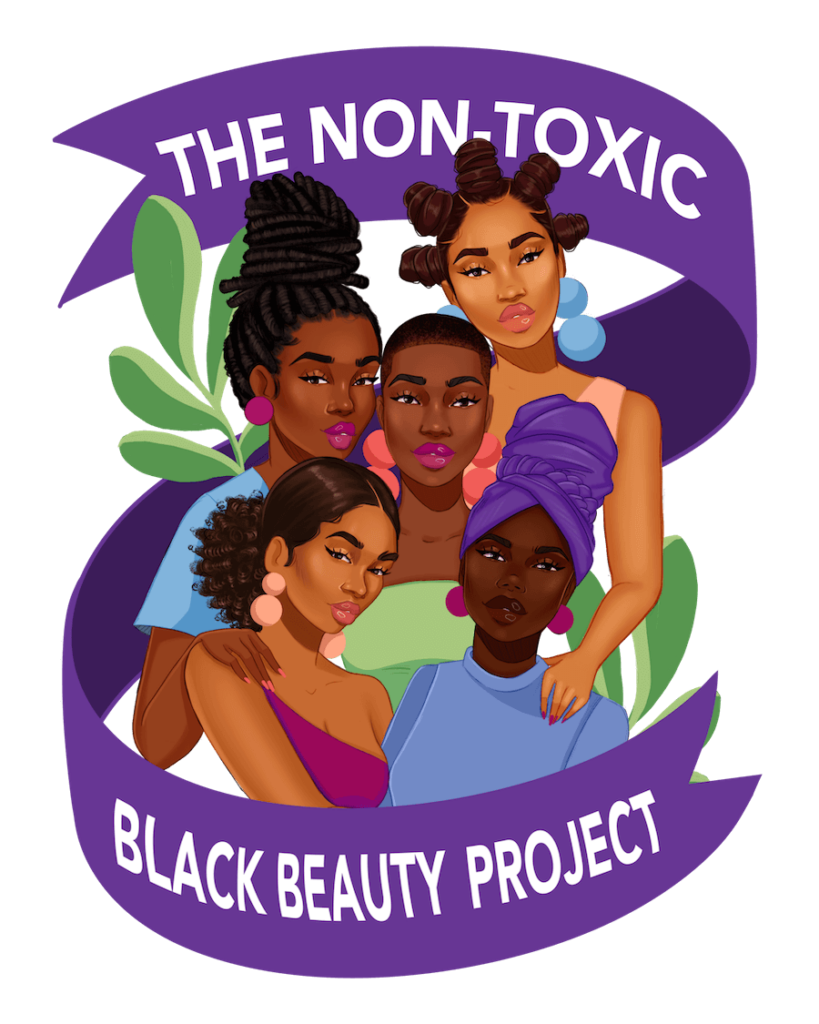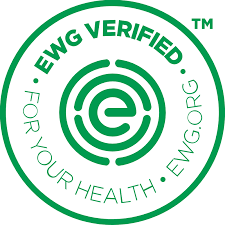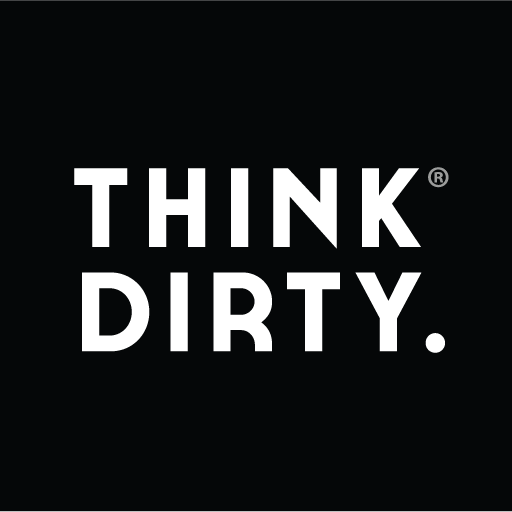No one wants to put toxic chemicals on their face or body, but most cosmetics contain harmful ingredients that can affect your health. Here are some considerations when buying skin care products and make-up:
What To Avoid

Chemicals:Synthetic antioxidants (such as butylated hydroxytoluene, BHT, and butylated hydroxyanisole, BHA) can contain trace amounts of cancer-causing chemicals, notably 1,4-dioxane. They can be tricky to spot on a label, but checking for polyethylene glycol compounds (PEGs) or ingredients such as sodium laureth sulfate and chemicals that end with “-eth” (such as laureth, ceteareth or steareth) is a good start.

Antimicrobials and Antibacterials:Antimicrobial and antibacterial agents are made with chemicals that destroy or reduce germs. That sounds like a good thing, but these chemicals can be harmful to our health. One chemical released by some antimicrobials is formaldehyde, a substance that can cause cancer (a carcinogen). Exposure to some antimicrobials may increase the risk of cancer, reproductive and brain impairments, and contribute to allergies, asthma, and skin conditions such as eczema. The overuse of these chemicals is also creating new “Superbugs” that are resistant to antibiotics.

MEA, DEA & TEA:Ethanolamine compounds (MEA, DEA & TEA) are used to make personal care products more gentle on our skin and hair by balancing pH levels. These chemicals are also used to bind ingredients (as Emulsifiers) and to make them foam. Studies suggest these chemicals may irritate skin and lungs. Some Ethanolamine compounds may raise the risk of cancer (be Carcinogenic) with chronic exposure.

Fragrance:Hundreds, or even thousands of chemicals, can be lumped under the term “fragrance.” Many companies do not have to disclose the specific chemicals they used, claiming they are proprietary. Among several concerns in synthetic Fragrances, many contain Phthalates to boost the scent’s staying power. One such common phthalate is Diethyl phthalate (dep). Some chemicals listed as “fragrance” are suspected, or even known to increase risk of cancer (be Carcinogenic). Others may contribute to reproductive and brain development problems.

Chemical uv filters:Chemical uv filters are most commonly used in sunscreens to absorb UV rays. But they can also irritate the skin, stay in the environment, and harm sea life. Certain UV filters, (particularly oxybenzone, Octinoxate, or Sulisobenzone) have been shown to disrupt normal hormone function in humans and wildlife. In some studies, oxybenzone has been associated with reproductive harm.

Heaving Metals & Lead:Heavy metals are common in color cosmetics. Lead, a heavy metal, can be found in small amounts in some lip balms and lipsticks. Lead is readily absorbed when swallowed and can have harmful effects on brain development and behavior. Heavy metals can also be present in some imported goods such as candies, spices, and pottery. If you live in a home built earlier than 1980, make sure your paint is not chipping, and clean frequently using a HEPA filter vacuum and microfiber cloth.
Safer Choices

Oils & Butters:Pure shea butter, cocoa butter, and jojoba oil without additives or Fragrances generally do not contain any harmful contaminants. Note though, the industrial production of these butters and oils can have adverse environmental impacts

Mineral UV blockers:Choose sun protection products that use mineral UV blockers such as zinc oxide or titanium dioxide instead of Chemical uv filters.

Fragrance free products:Fragrance free products are always the safest choice.
Find Safer Products
Websites and Apps:
Clearya
Clearya is a free browser extension and app that notifies you when there are unsafe ingredients in your makeup, personal care, baby care, cleaning and other products, and helps you find safe products.
Clearya is a free browser extension and app that notifies you when there are unsafe ingredients in your makeup, personal care, baby care, cleaning and other products, and helps you find safe products.
Campaign for Safe Cosmetics - Nontoxic Black Beauty Project
They offer a list and database of non-toxic beauty products made and sold by Black-owned companies that are committed to toxic-free beauty and personal care products.
They offer a list and database of non-toxic beauty products made and sold by Black-owned companies that are committed to toxic-free beauty and personal care products.
Detox Me
This app allows you to scan barcodes on products to find relevant tips. They also offer a buying guide to decode product labels and find non-toxic alternatives.
This app allows you to scan barcodes on products to find relevant tips. They also offer a buying guide to decode product labels and find non-toxic alternatives.
Environmental Working Group (EWG)
EWG has a "Skin Deep" database that rates personal care and beauty products based on their safety and toxicity levels. EWG also offers a Healthy Living app that allows you to scan barcodes and find safer products.
EWG has a "Skin Deep" database that rates personal care and beauty products based on their safety and toxicity levels. EWG also offers a Healthy Living app that allows you to scan barcodes and find safer products.
Think Dirty
This app and website allow you to scan or search for personal care products to see their ingredient safety ratings.
This app and website allow you to scan or search for personal care products to see their ingredient safety ratings.





